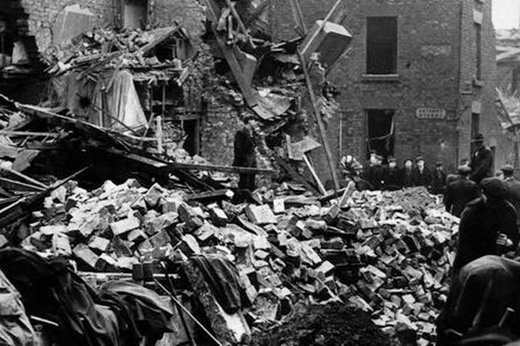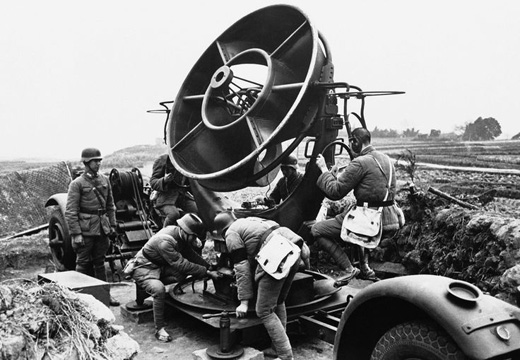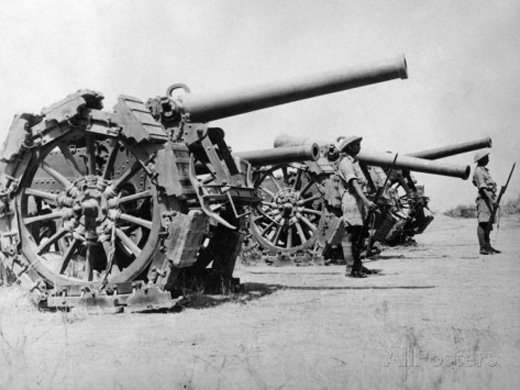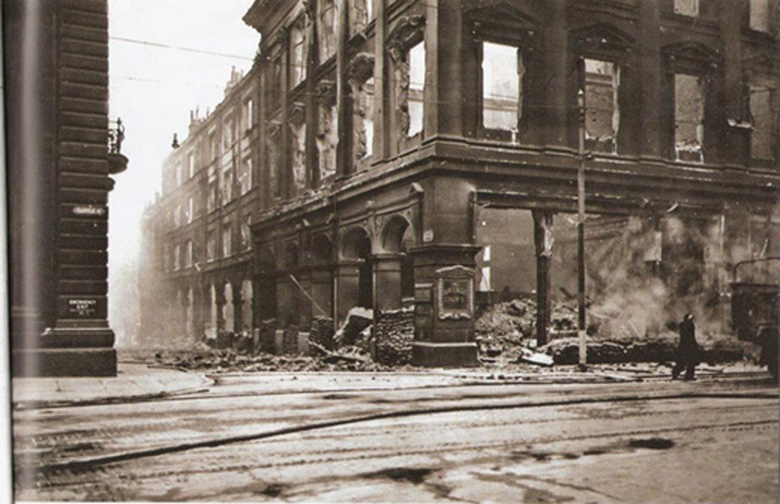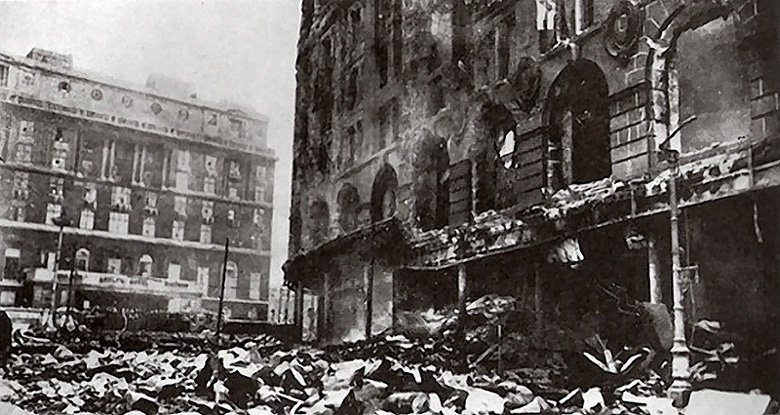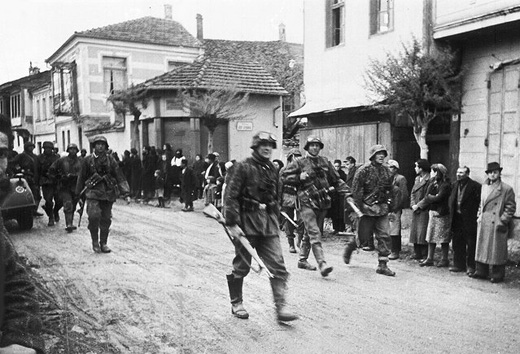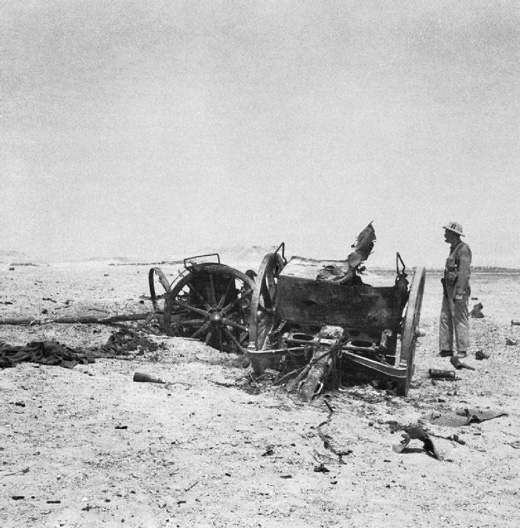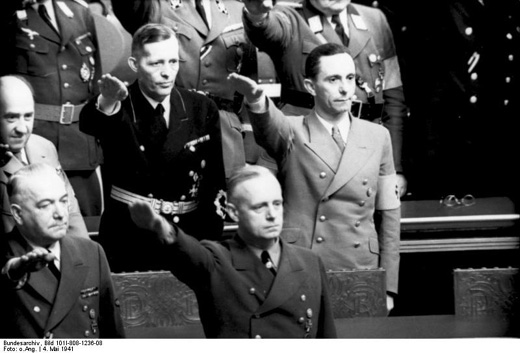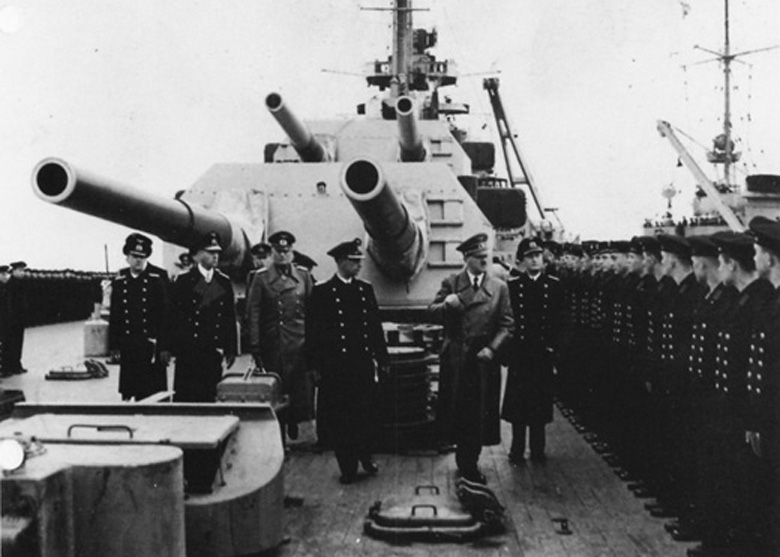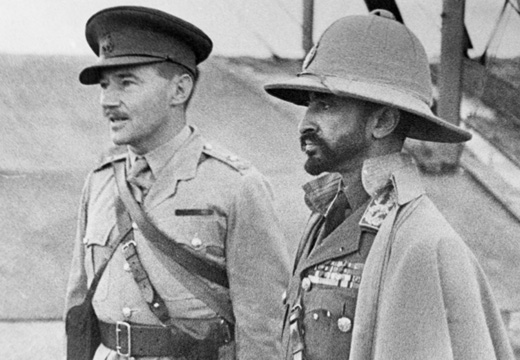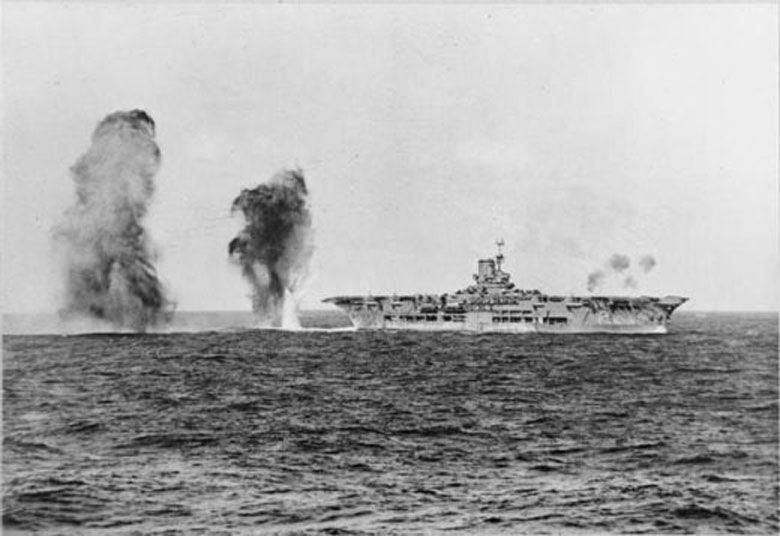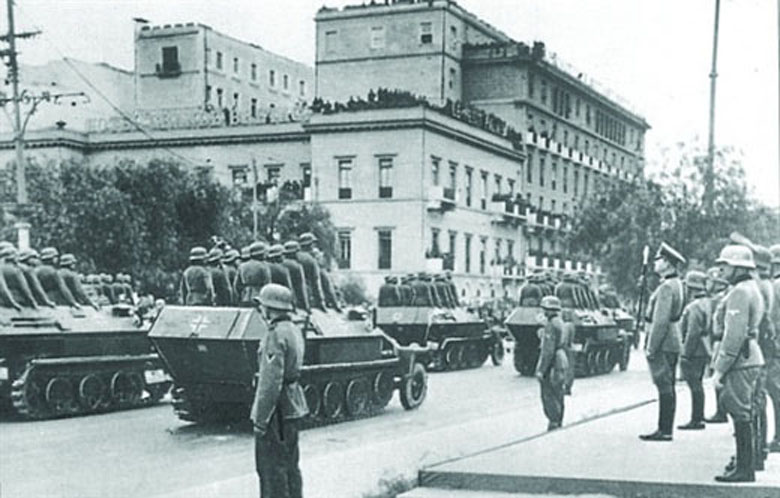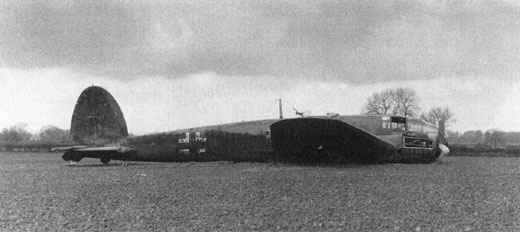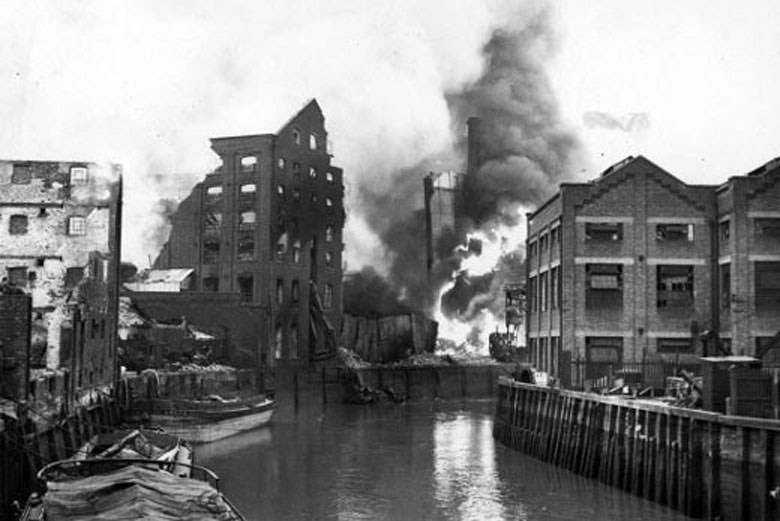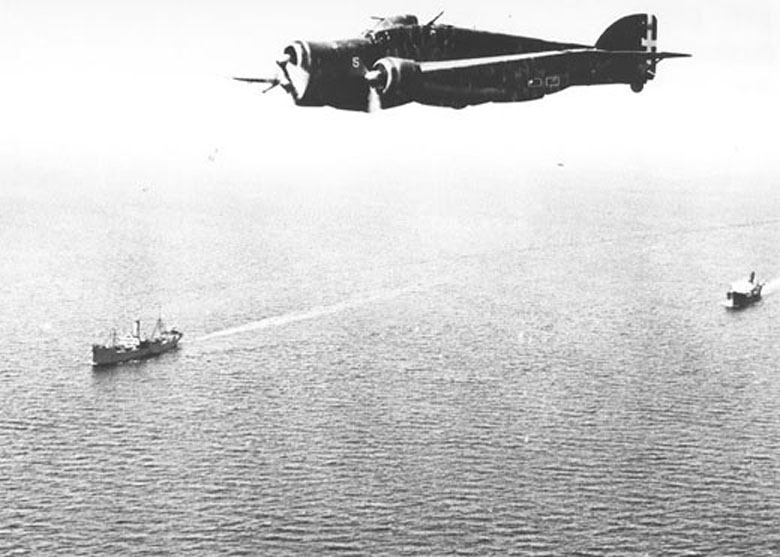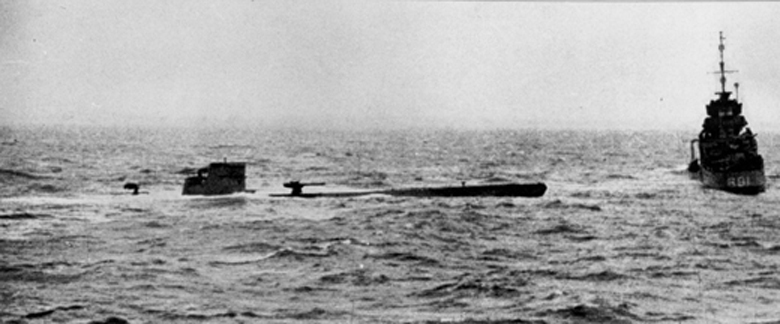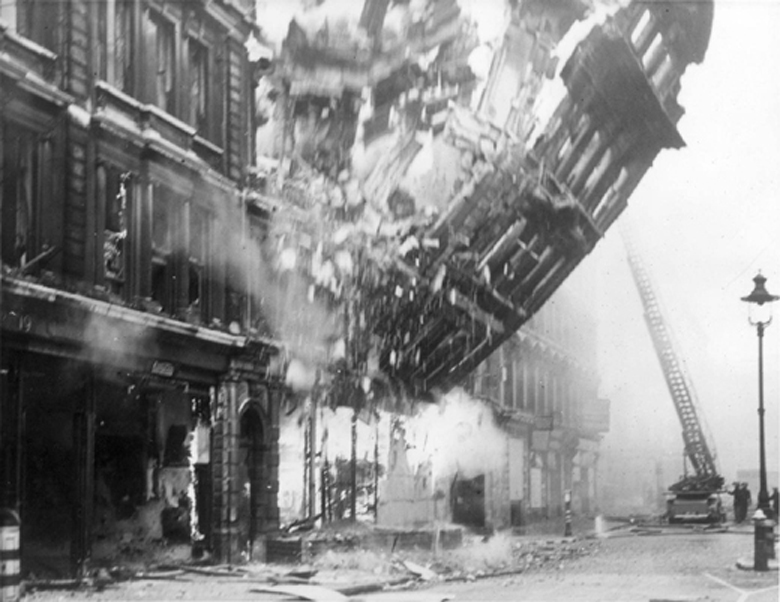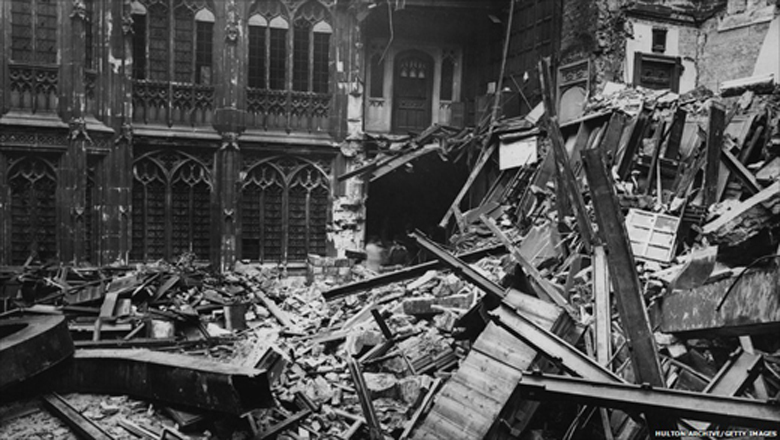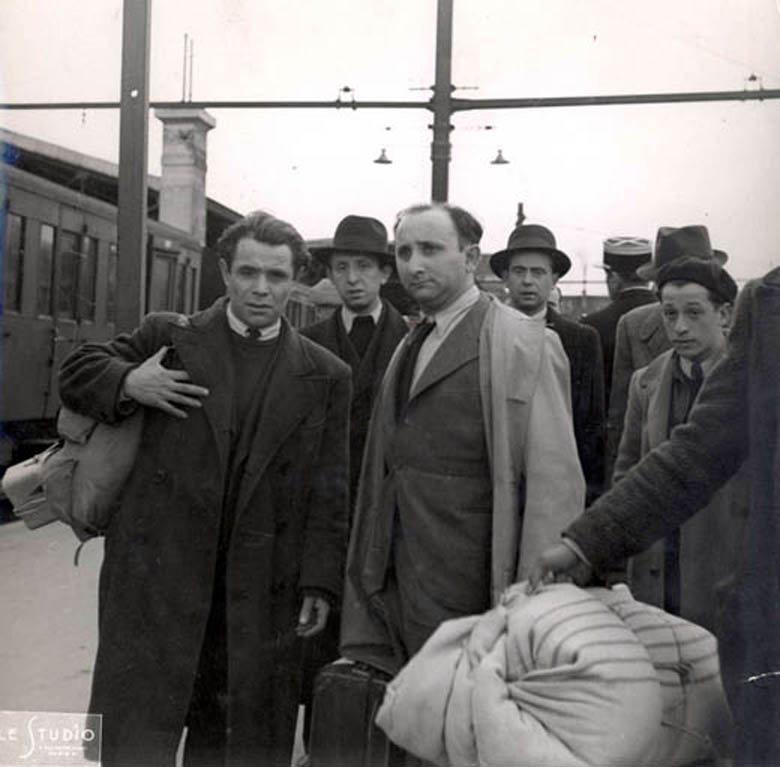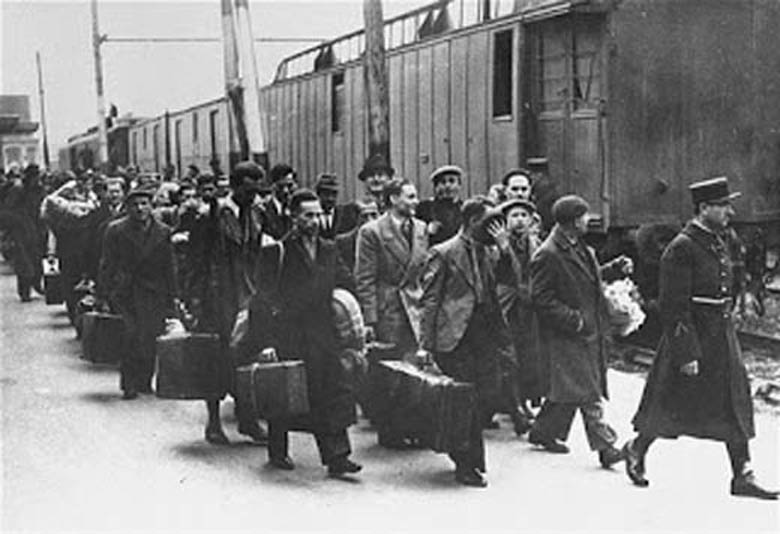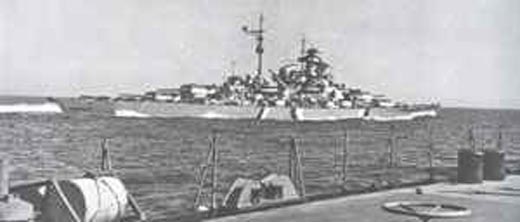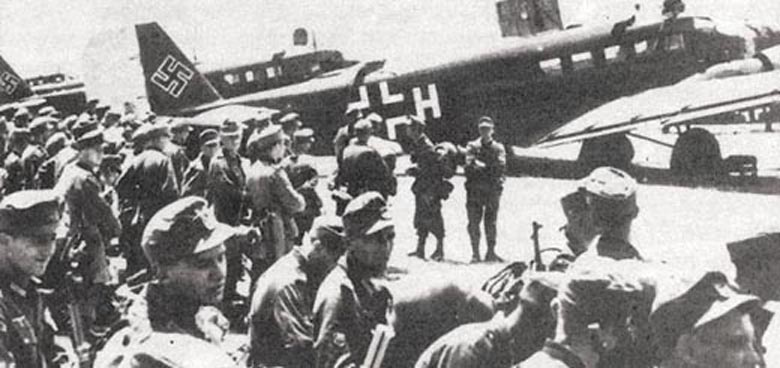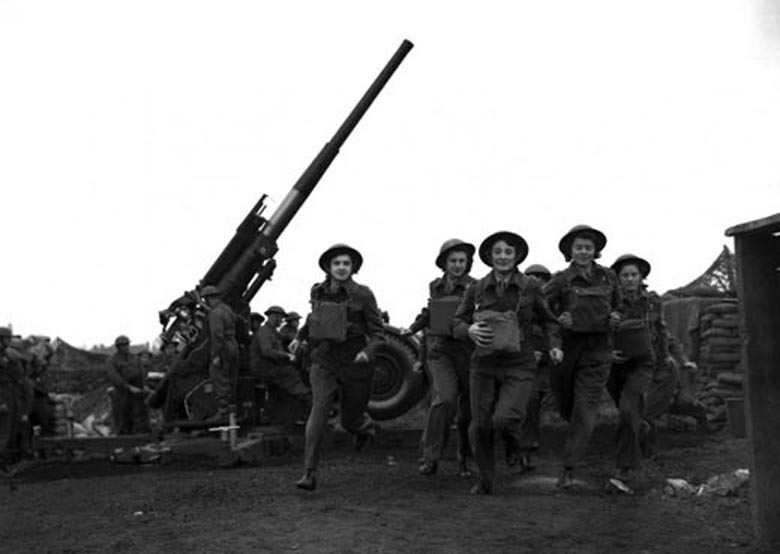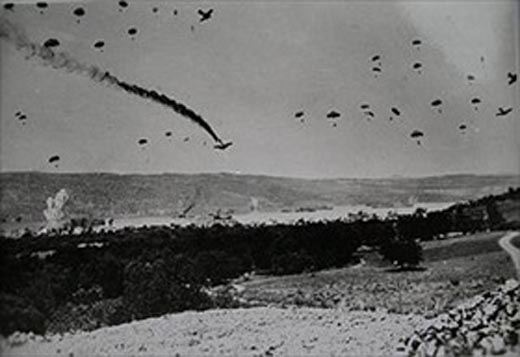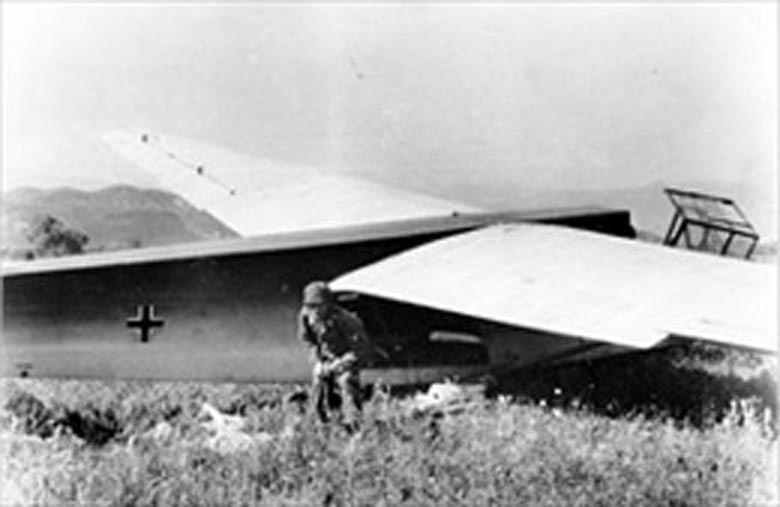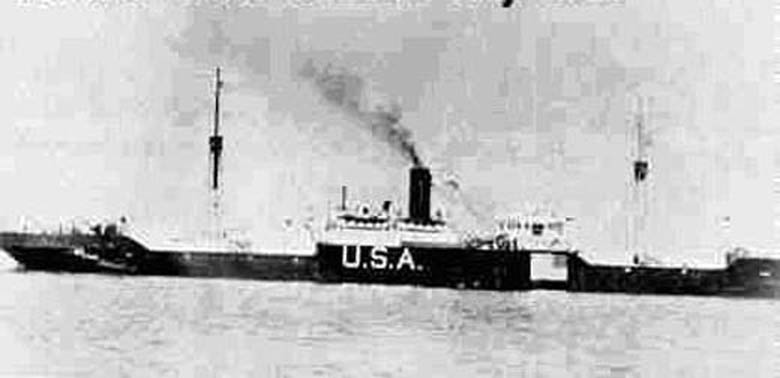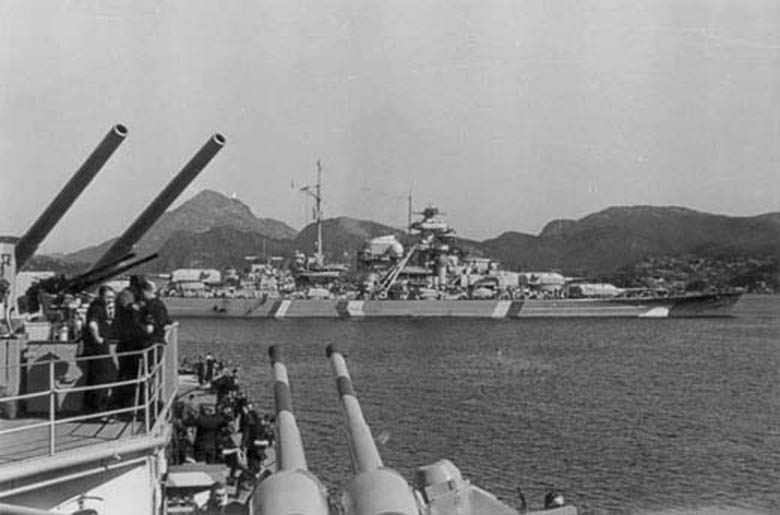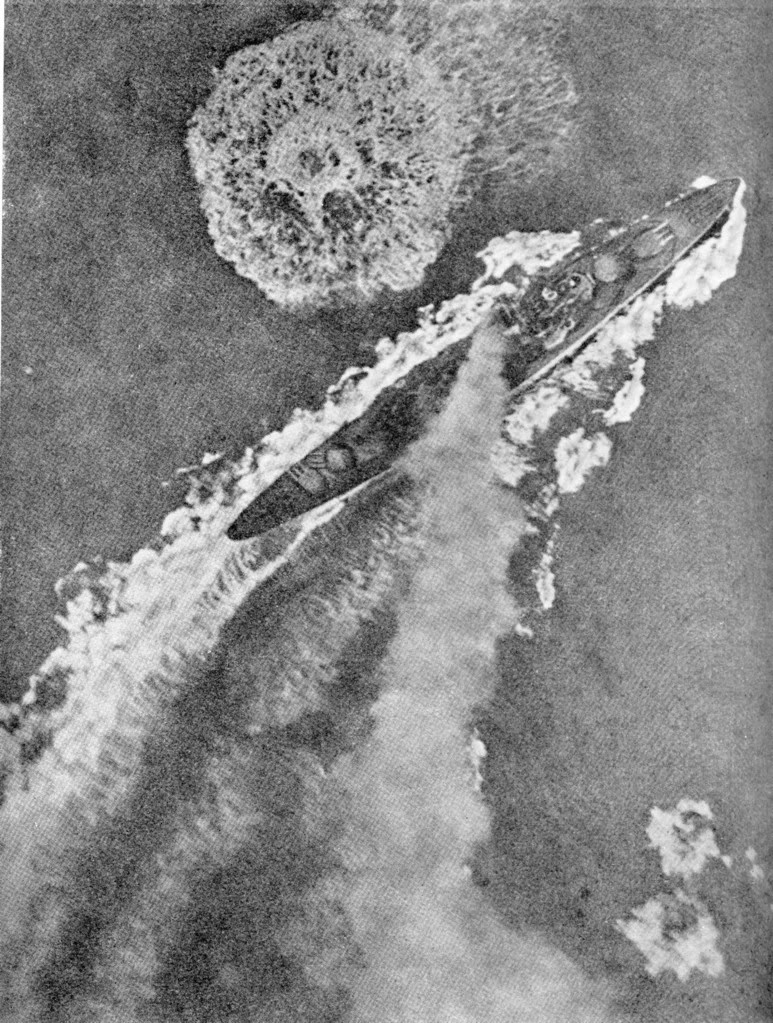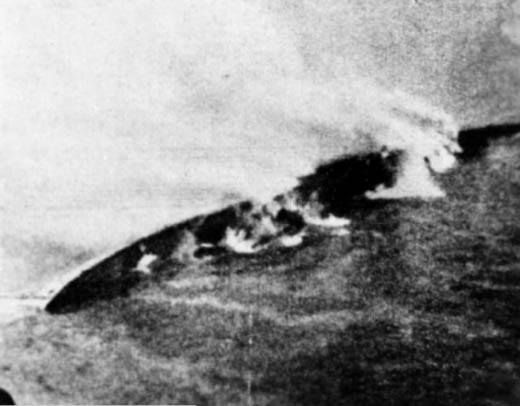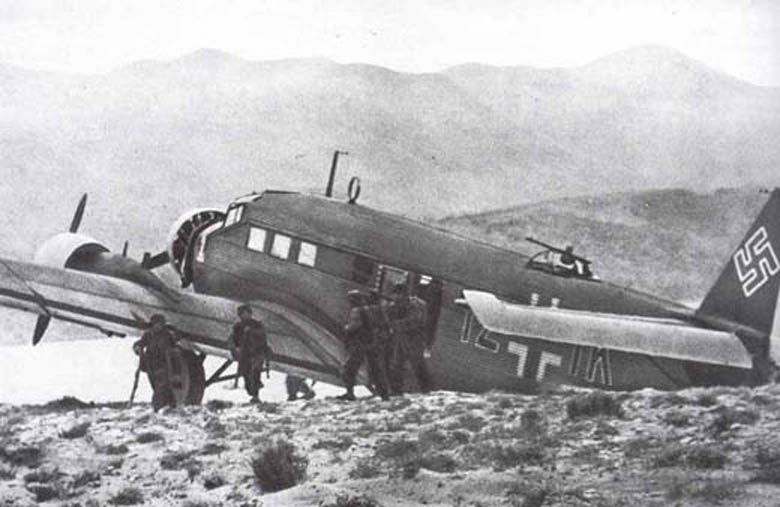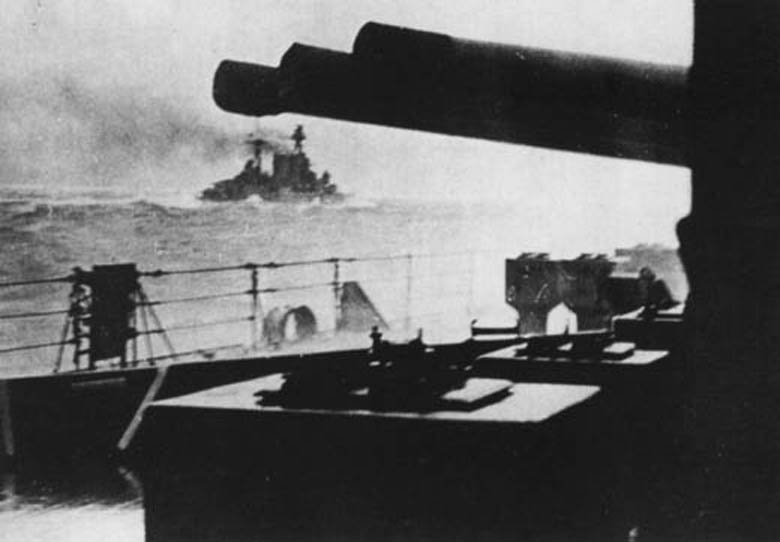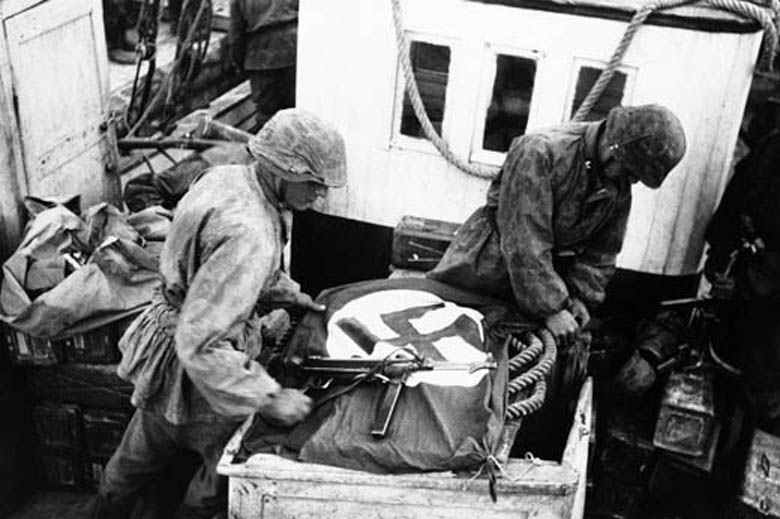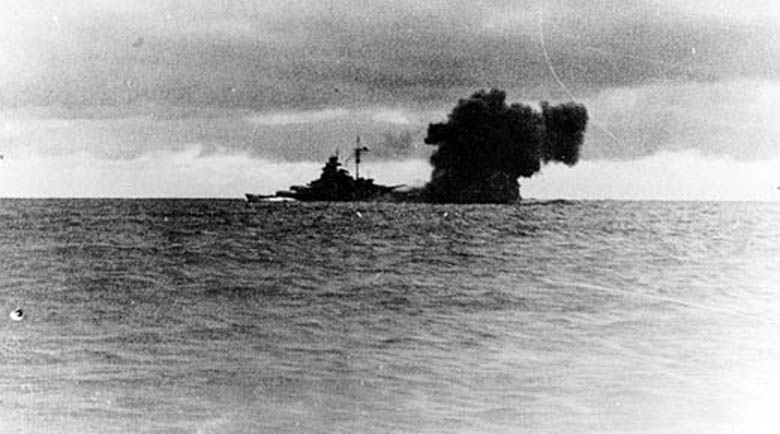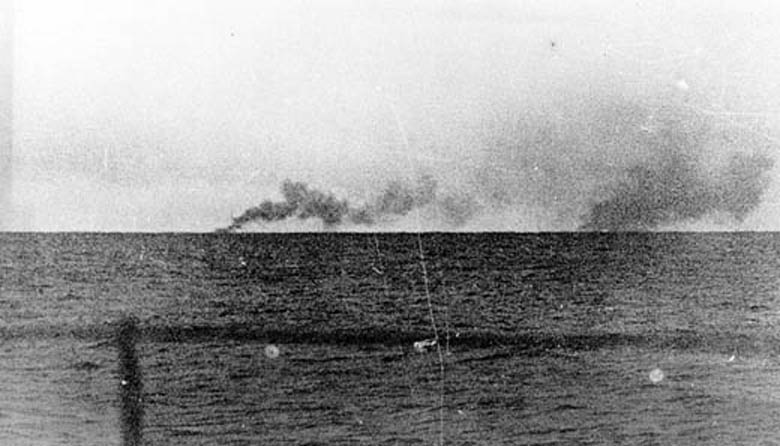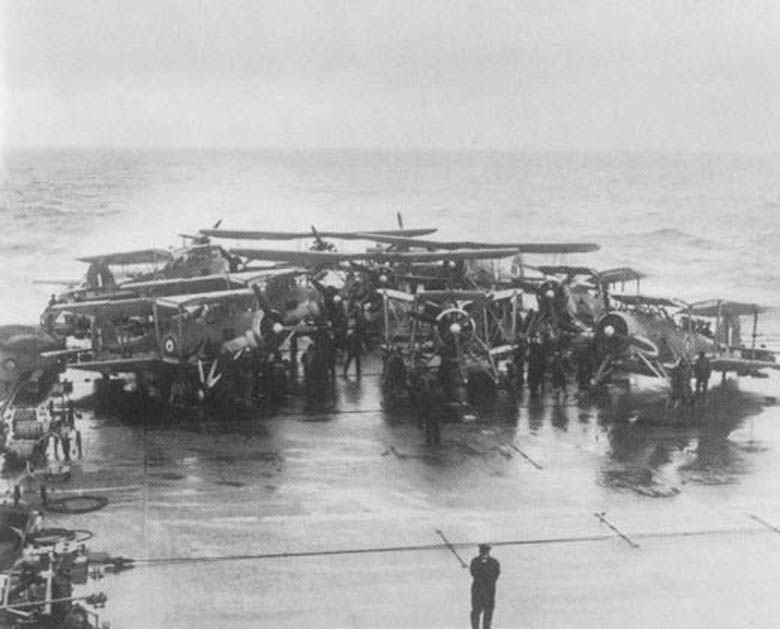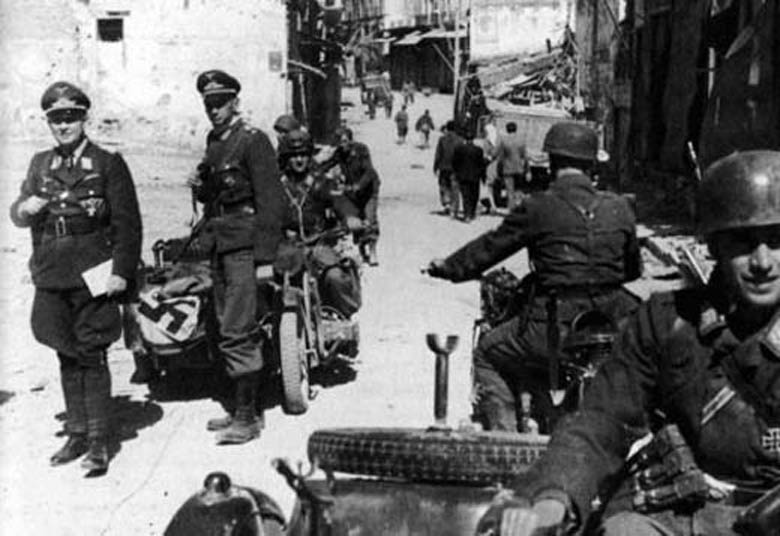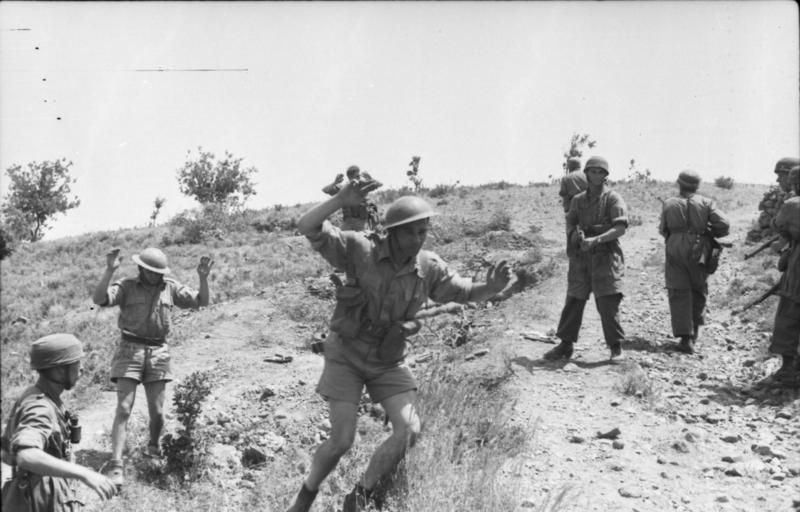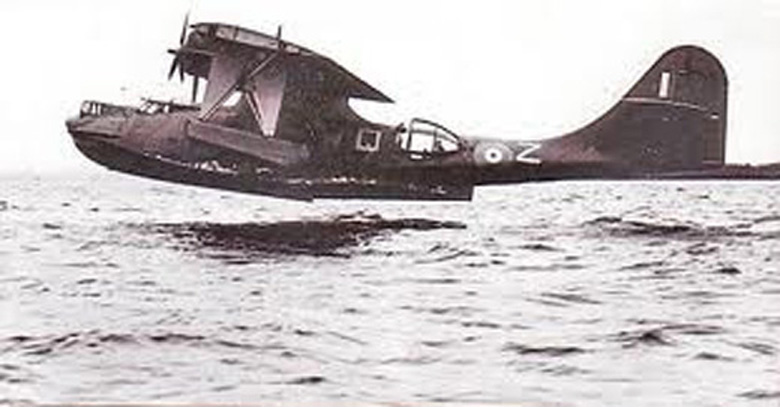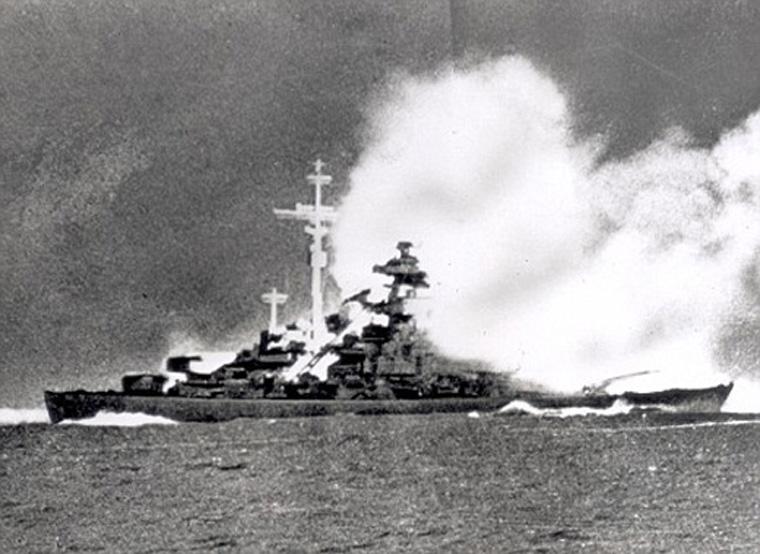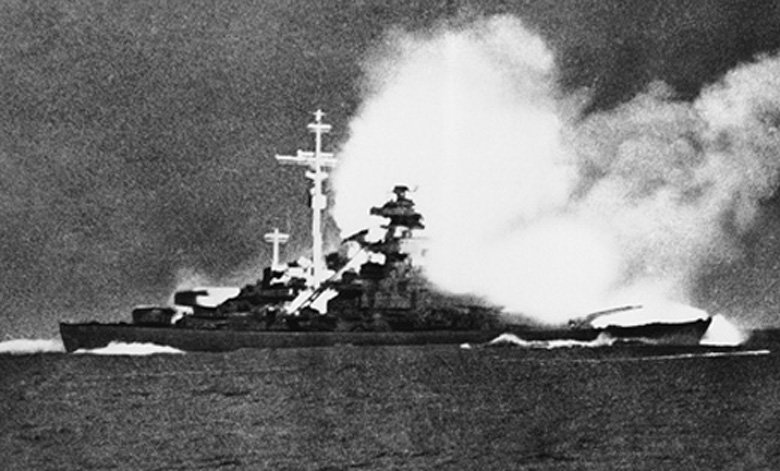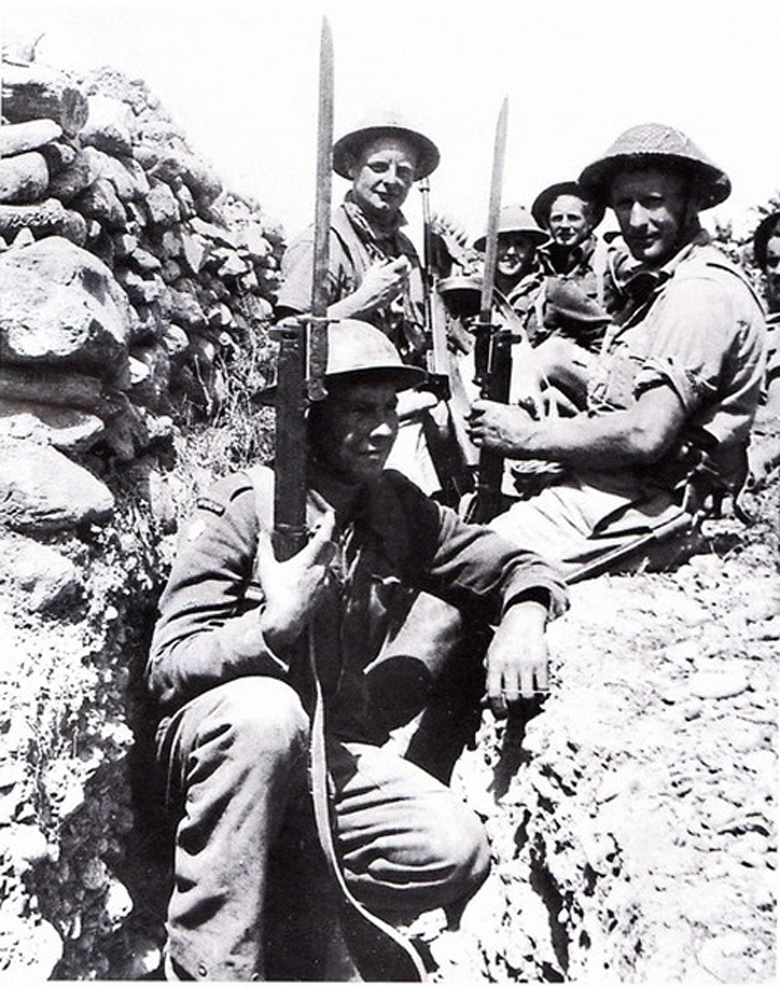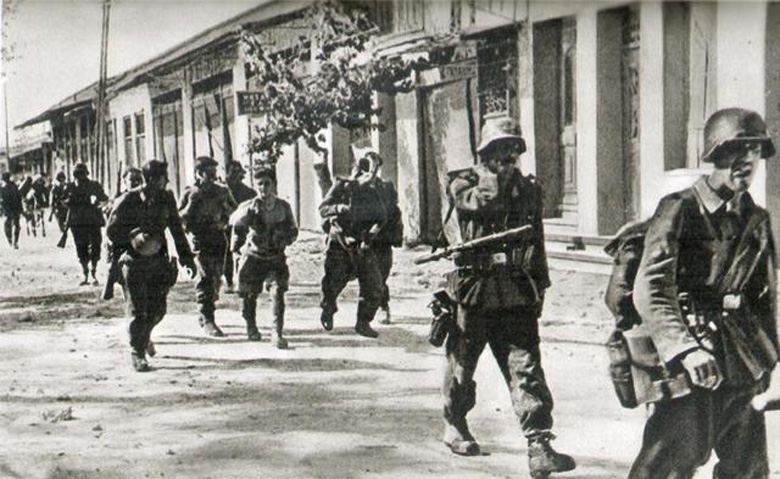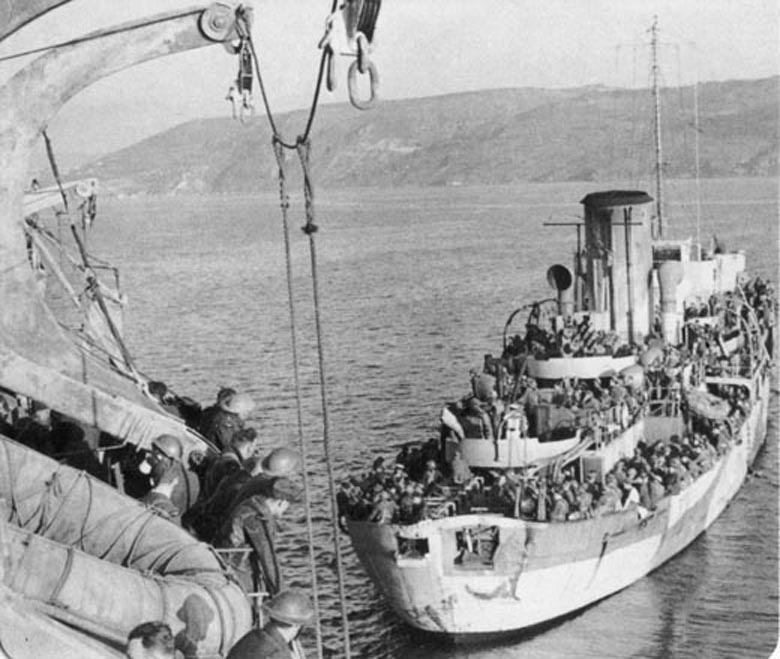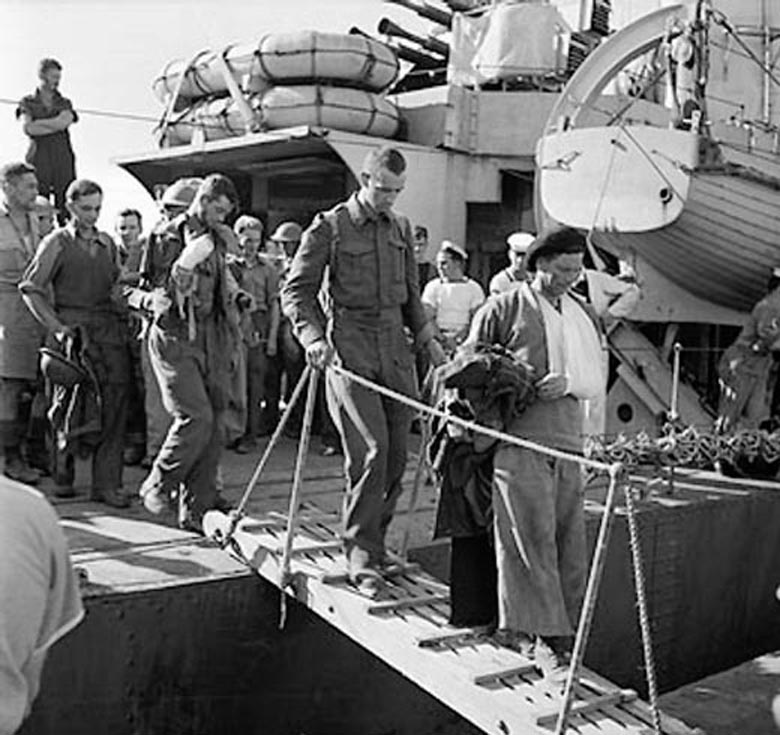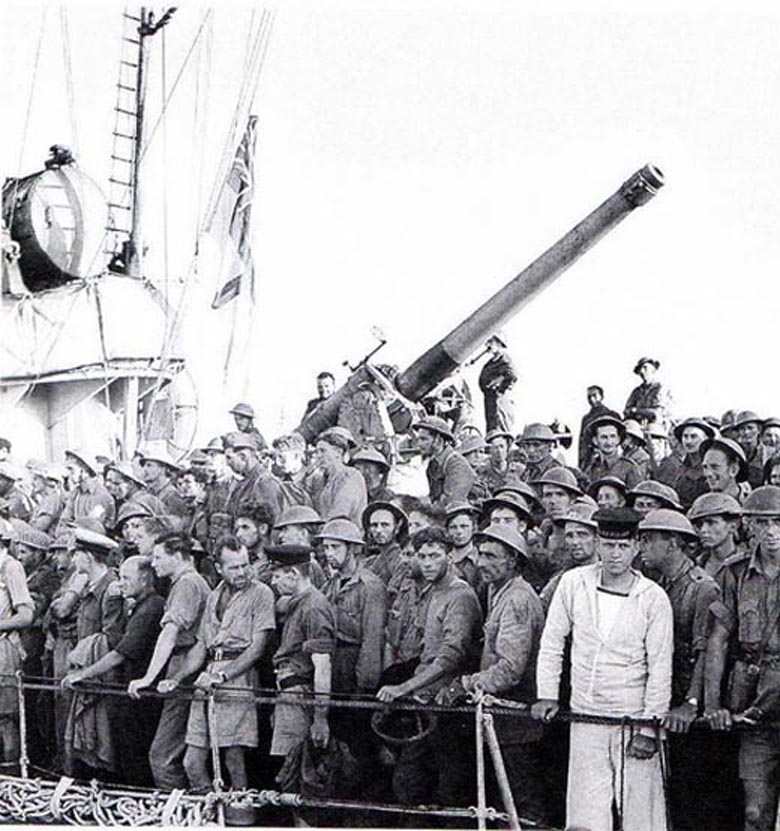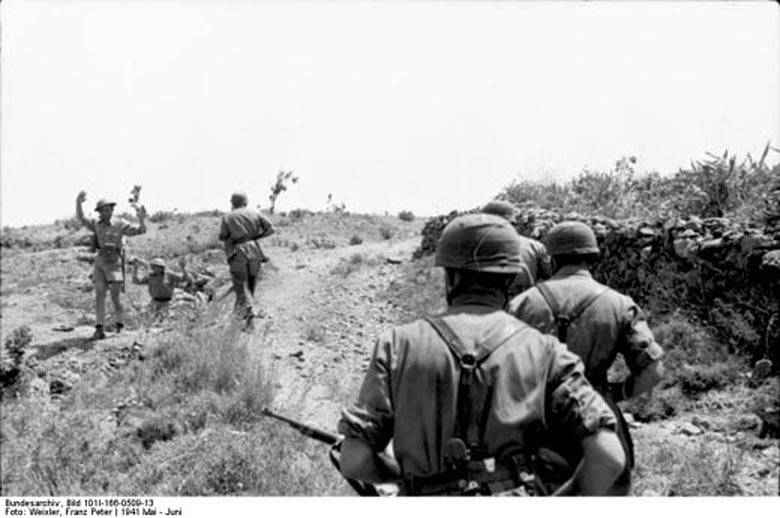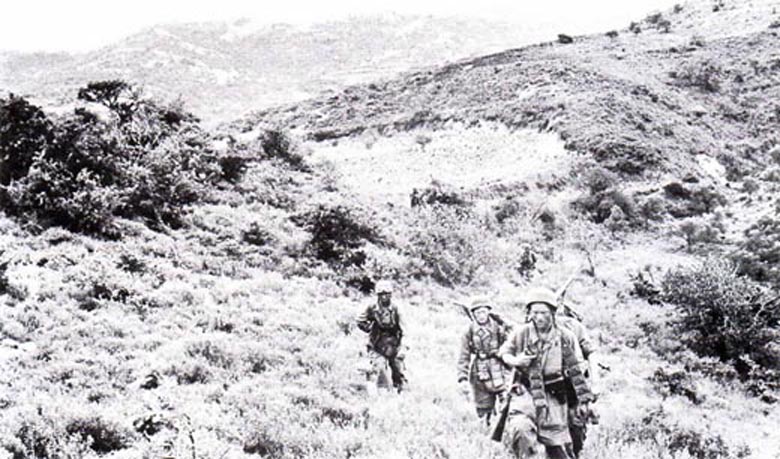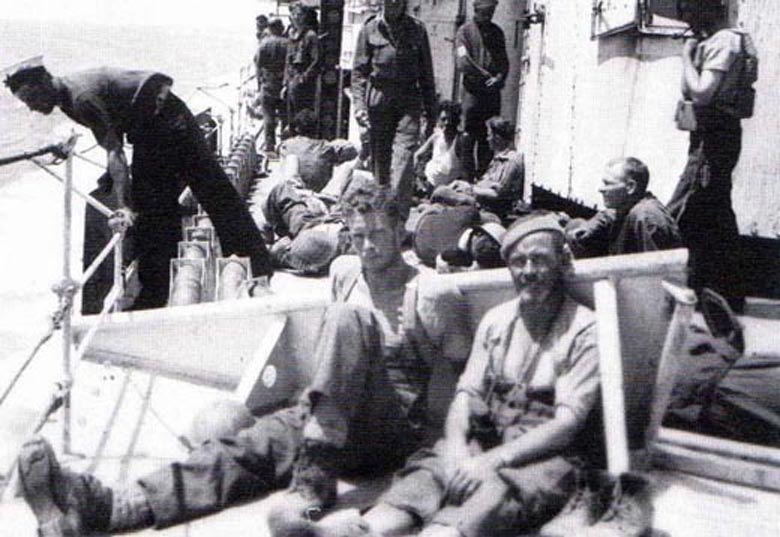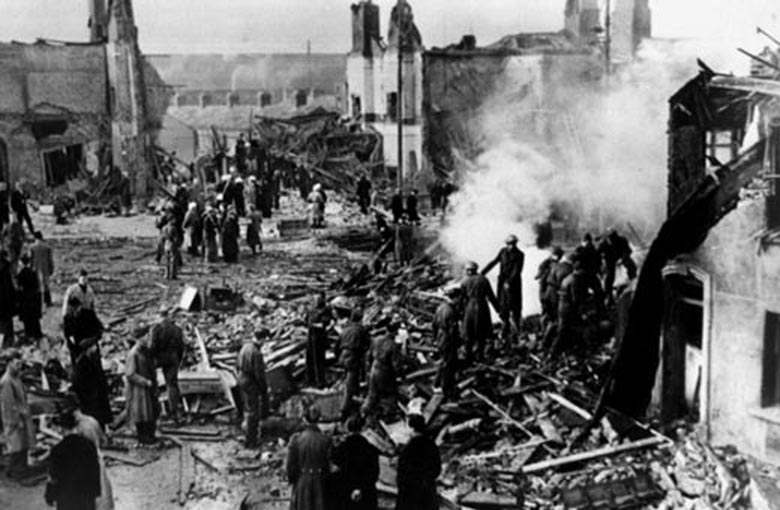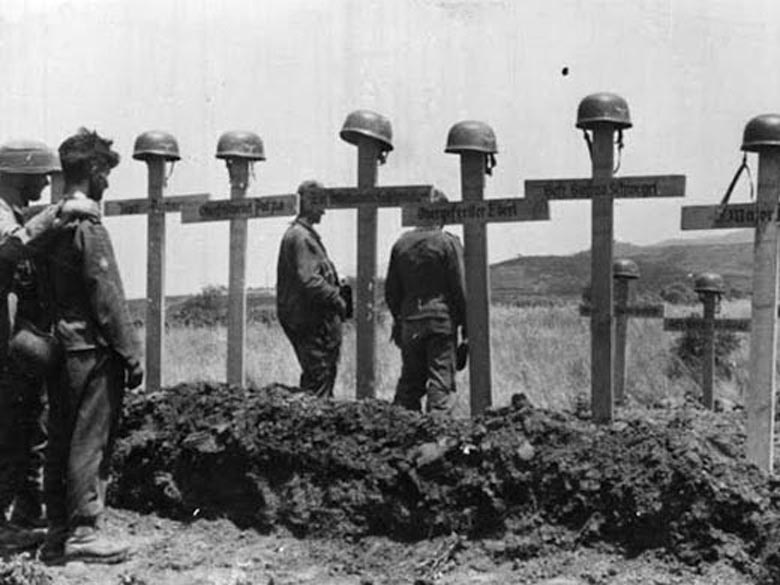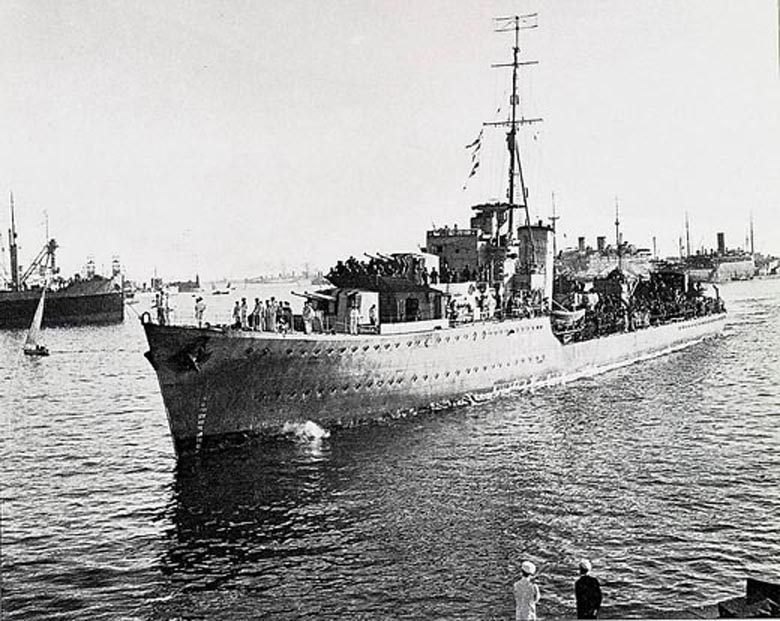Air Operations, Mediterranean
Axis aircraft raid Valetta.
[Battle of the Atlantic
- U-552 sinks the British steamer Nerissa (5583t) southeas of Rockall with the loss of 207 passengers and crew. 83 survivors are rescued by the British destroyer Veteran.
- U-103 sinks the British steamer Samso (1494t) southwest of Freetown with the loss of 1 crewman. 19 survivors in lifeboats make it to French Guinea.
- The British ocean boarding vessel Cacina captures the Italian tanker Sangro (6466t), which departed Teneriffe on 21 April for France. The vessel turns the tanker over to British ocean boarding vessel Camito for the voyage to Gibraltar. U-97 sinks the Camito (6833t) and the tanker on the 6th. Camito's prize crew on Sangro and all but 4 of Sangro's crew are lost. Only 2 of Camito's ship's company are lost. The rest are picked up by the British corvette Orchis.
Britain, Home Front
Lord Brabazon is appointed Minister of Aircraft Production. The Ministry of War Transport is established combining the former ministries of Shipping and Transport.
[Greece
The Germans have failed in their intention of wiping out the entire British expeditionary force, but they do now occupy the whole Aegean coastline.
[The Blitz
Liverpool and Merseyside are hit in the first of seven consecutive night raids. (See May 7 for summary).
County Road Walton During the Blitz |
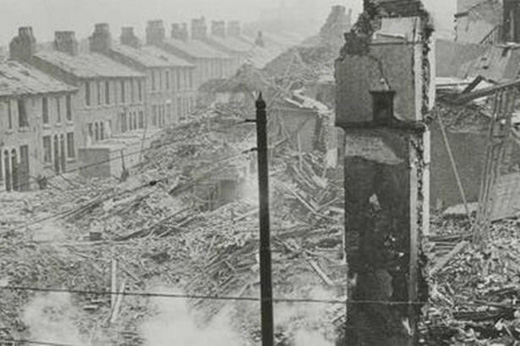 |
Iraq
British troops occupy Basra and several of the oil fields of Iraq. Fighting begins when Iraqi soldiers make a small attack on the British outpost at Rutba, west of Baghdad, about 125 miles from the Transjordan border. The pro-Axis government demands the withdrawal of all British troops and requests German military aid.
Iraqi forces are also established in positions around the Habbaniya airfield. The British use antiquated training planes and World War I artillery pieces to attack the Iraqis encircling them. This action allows the evacuation of women and children. The Iraqi forces amount to about 4 divisions in total, 2 of which are in the Baghdad area.
[Italian East Africa
The British increase the pressure on the Italian defenses under Amadeus, Duke of Aosta, in the Amba Alagi sector.
[Mediterranean
- The German steamer Larissa (1819t) sinks on a mine in the Gulf of Volos.
- The Italian steamer Serdica (1533t) is sunk by British bombing at Benghazi.
North Africa
Rommel's attack on Tobruk continues. In an attempt to widen and deepen the gap, he continuously sends fresh troops into the front line, but the Australian forces fight fiercely and largely contain the attacks.
Rommel Near Tobruk |
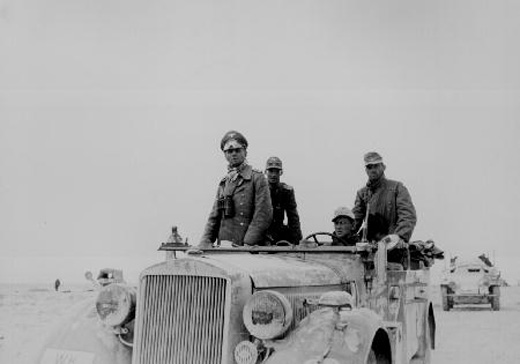 |
